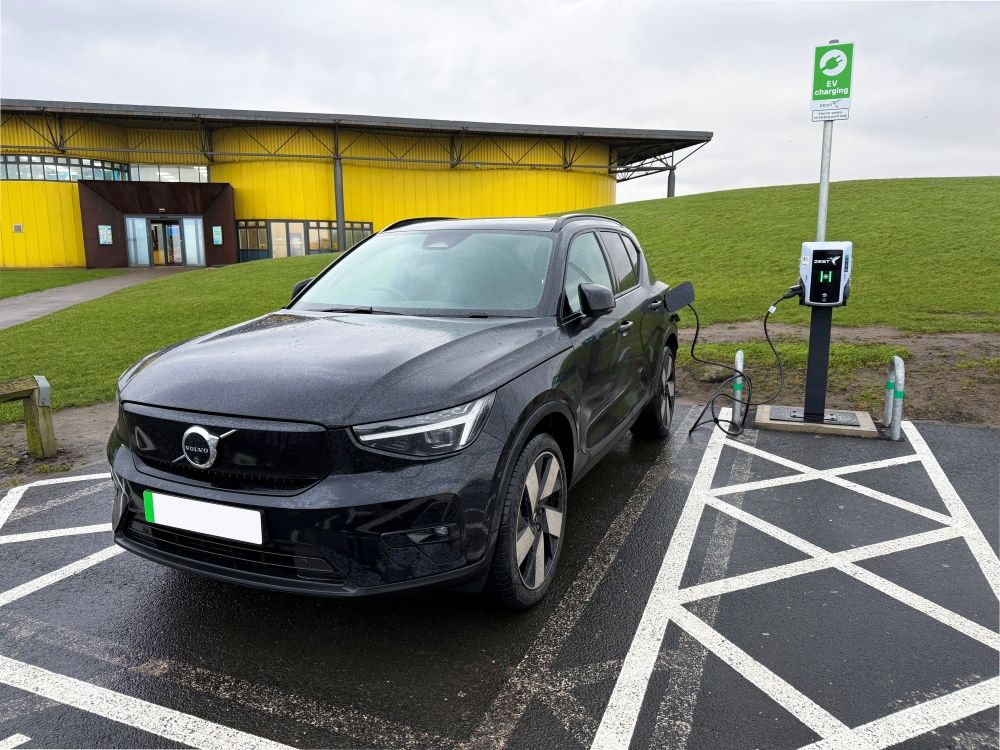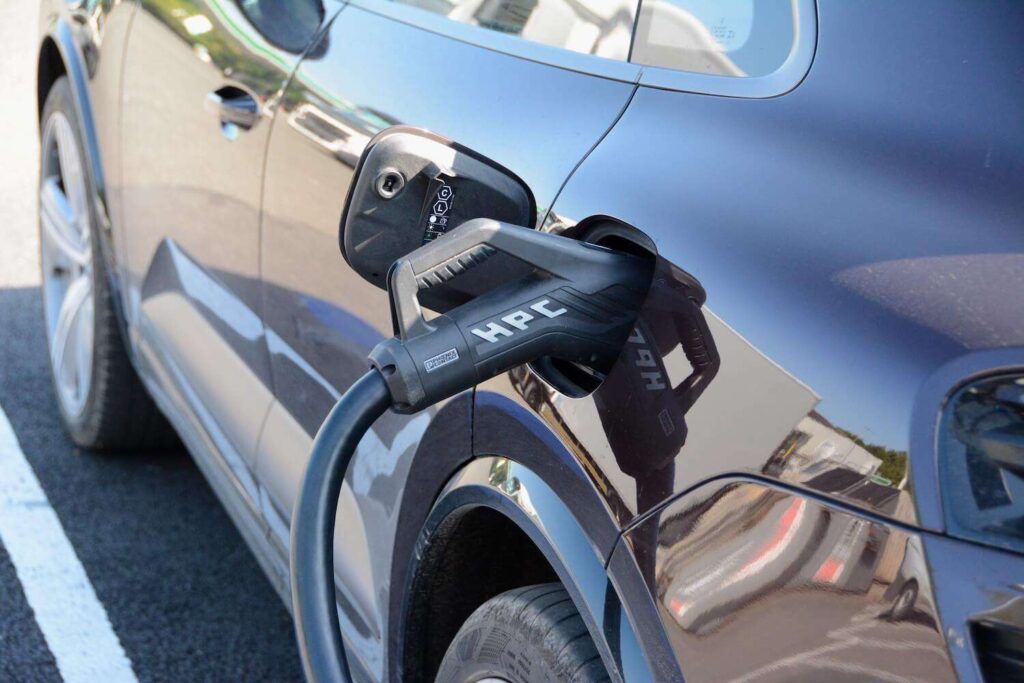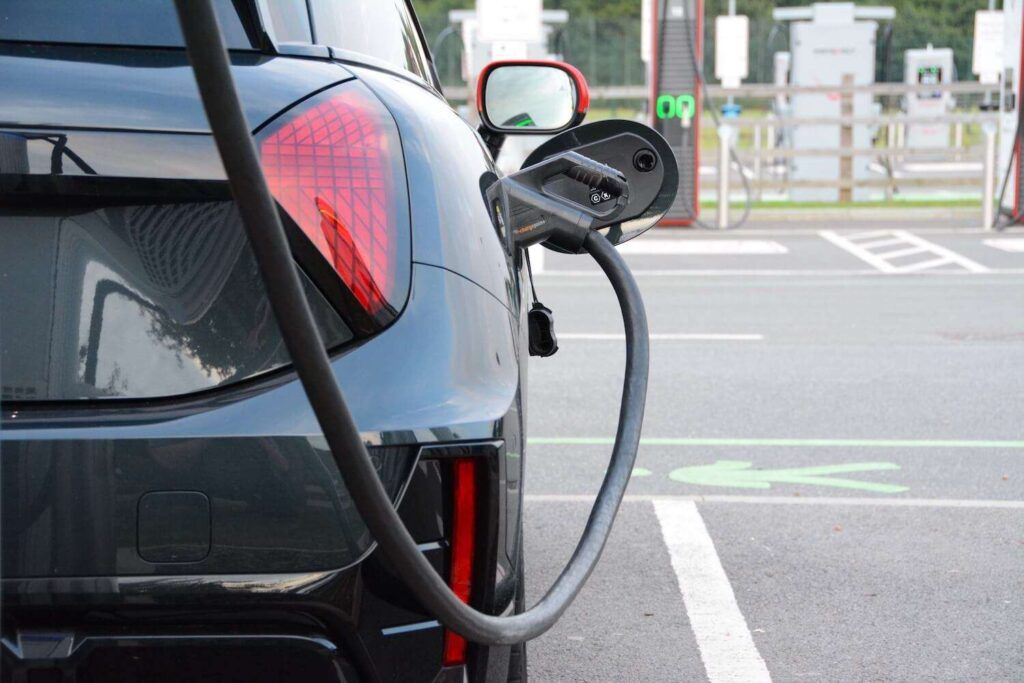Rapidly falling battery prices, advancements in next-generation battery technology and improving relative economics of electric vehicles are helping the sector to grow, according to BloombergNEF’s new report.
Titled Long-Term Electric Vehicle Outlook (EVO), it shows two road transport scenarios, a base Economic Transition Scenario (ETS) – in which EV adoption is shaped by current techno-economic trends and with no new policy intervention – and the Net Zero Scenario (NZS) for a Net Zero fleet by 2050.
In the base scenario, EV sales will continue to grow, although adoption has slowed, but also that EVs are no longer only a wealthy country phenomenon, and countries like Thailand, India and Brazil are all experiencing record sales. China, the world leader on EVs, is not looking back, it reveals, and is projected to maintain its lead as the biggest EV market globally.
It also found the underlying technology for electrification continues to improve, battery prices continue to fall, and EV adoption moves from being policy-driven to being driven by consumer demand across all markets.
Passenger EV sales are expected to exceed 30 million in 2027 in the ETS and grow to 73 million per year in 2040, contributing 33% and 73% to global car sales in those years, respectively.
BNEF also finds that electrification is now spreading quickly to all sectors of road transport, from rickshaws to heavy trucks. Two- and three-wheeled vehicle sales continue to rise in emerging economies and electric sales are expected to exceed 90% globally by 2040. The decarbonisation of the commercial vehicle sector – including vans, trucks and buses – has already started and is set to accelerate. In addition, it found that electric heavy trucks would become economically viable for most use cases by 2030.
The report called on more policy intervention to hit net zero transport by 2050, although it also acknowledged how truck manufacturers were going to undergo a “rapid technological transformation” as a result of new EU and US rules.
According to the Net Zero scenario, for the world to achieve a zero-emission vehicle fleet by 2050, sales of combustion vehicles will need to stop around 2038, with leading markets needing to phase out combustion vehicles in the early 2030s.
Aleksandra O’Donovan, head of electric vehicles at BNEF, said:
“Governments trying to champion domestic manufacturing at the cost of faster decarbonization should consider very carefully what they are prioritizing, as reaching net-zero road transport emissions by 2050 is still possible, but much faster progress is needed.”
Image courtesy of Shutterstock












